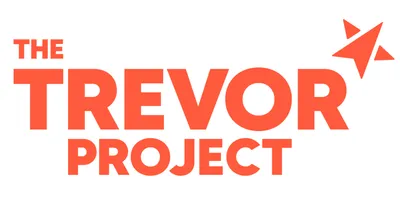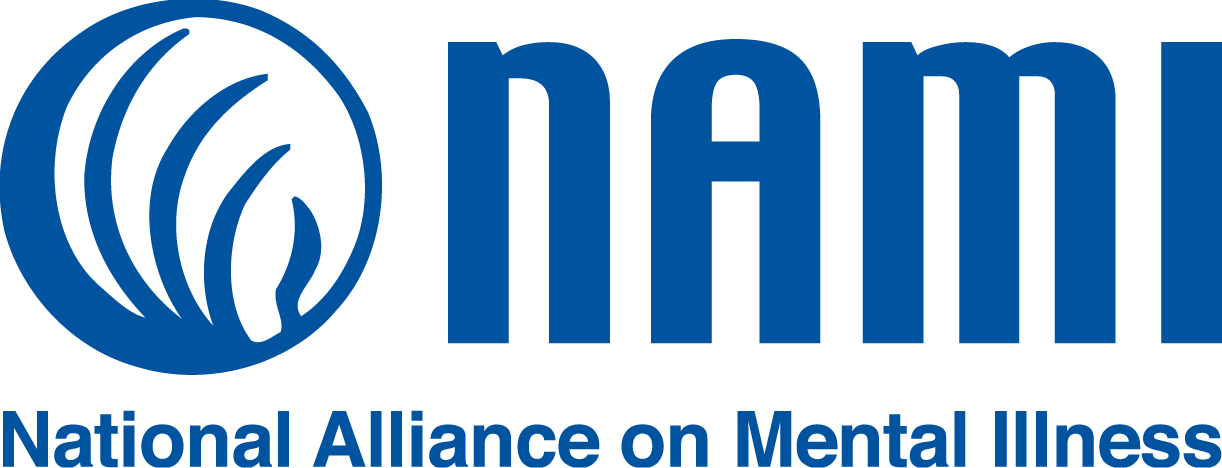Get Help Now
If you or someone you know is in danger, is going through an emergency, or just needs urgent help, use these resources to find help now.
Who to call or text
| Resource | Contact |
|---|---|
|
988 Suicide and Crisis Lifeline
Press 1 for Veterans, Press 2 for Spanish
|
|
|
Crisis Text Line
|
|
|
In a life or death medical emergency, call 911
If someone is injured or their health is in danger, call 911. If appropriate, ask the operator to send someone trained in mental health, like Crisis Intervention Training (CIT) officers.
|
Free confidential support
Crisis counselors are available 24/7 to provide free, confidential support in multiple languages. These resources are free, and everything you tell them is confidential, unless it’s essential to contact emergency services to keep you or your friend safe.
What to do in a mental health crisis
Someone who is going through a mental health crisis may not be able to function the way they usually do, and they may be a threat to themselves and others.
01 Assess the situation
First you need to figure out how severe and urgent the crisis is. Ask yourself:
- Are one or more people in danger of getting hurt?
- Is emergency assistance needed?
- Is there time to call for outside help?
02 Reduce risk of danger
If someone is injured or their health is in danger, call 911. If appropriate, ask the operator to send someone trained in mental health, like Crisis Intervention Training (CIT) officers.
If you’ve assessed a crisis is happening, your first goal must be to create a safe space for anyone who could be in harm’s way. Do your best to make items such as drugs, sharp objects, guns, belts and ropes, vehicles and heavy machinery out of reach.
Alternatives to calling 911
Some people don’t feel comfortable contacting the police in certain situations, and that’s OK. Visit dontcallthepolice.com and see if your city or a nearby city is listed—if it is, you’ll find resources in your community that may be able to help.
03 Stay calm and de-escalate
If someone you know is going through a crisis, you may be able to de-escalate it yourself by remaining calm and empathetic. According to the National Alliance on Mental Illness (NAMI) you should:
- Keep your voice calm
- Avoid overreacting
- Listen to the person
- Express support and concern
- Avoid continuous eye contact
- Ask how you can help
- Keep stimulation level low
- Move slowly
- Offer options instead of trying to take control
- Avoid touching the person unless you ask permission
- Be patient
- Gently announce actions before initiating them
- Give them space, don’t make them feel trapped
- Don’t make judgmental comments
- Don’t argue or try to reason with the person
04 Get outside assistance
Sometimes folks in a crisis aren’t able to communicate their needs, or won’t be receptive to de-escalation. If that’s the case, call 911 or one of the emergency resources listed above to get professional, immediate crisis intervention help.
Recommended Resources

Helpline
24-hour Deaf Crisis Line | DeafLEADHelpline • Text line
Disaster Distress Helpline (DDH)
Online forum • Website • Support group
TrevorSpace | The Trevor ProjectHelpline
Veterans Crisis Line
Online interactive tool(s)
Suicide prevention interventions and treatments | American Foundation for Suicide Prevention
Helpline • Text line • Online Live Chat
NAMI HelpLine | National Alliance on Mental Illness (NAMI)